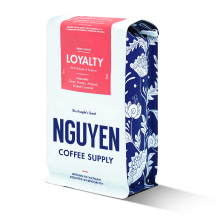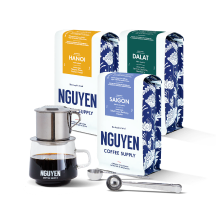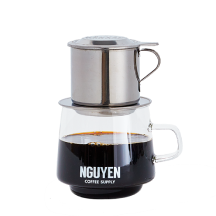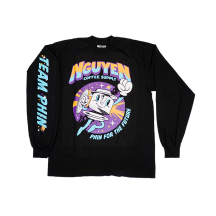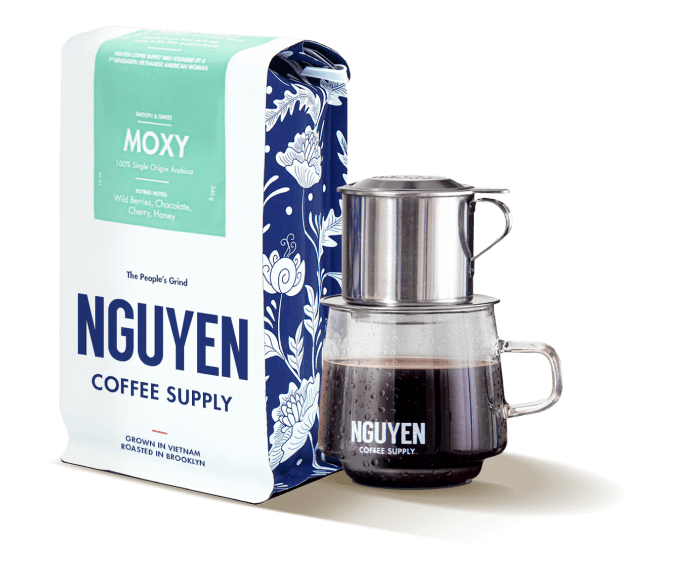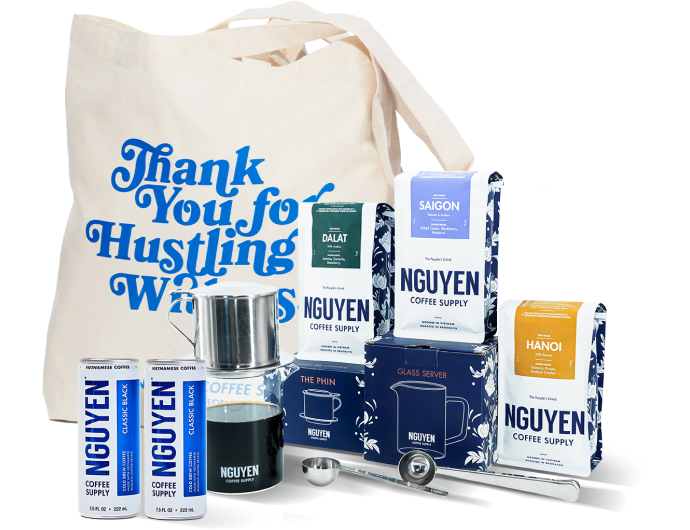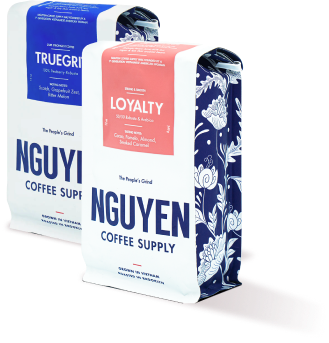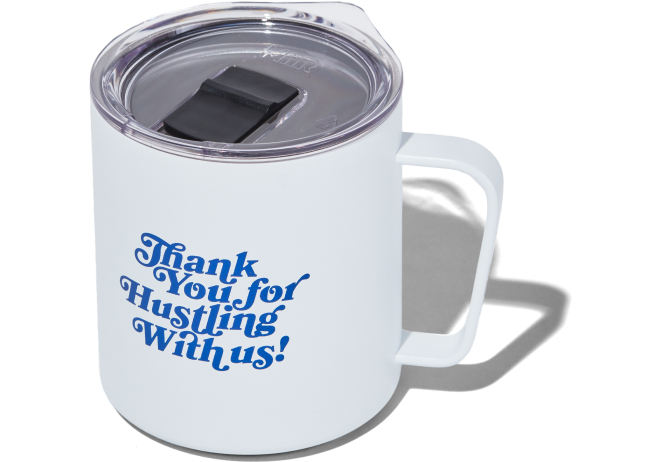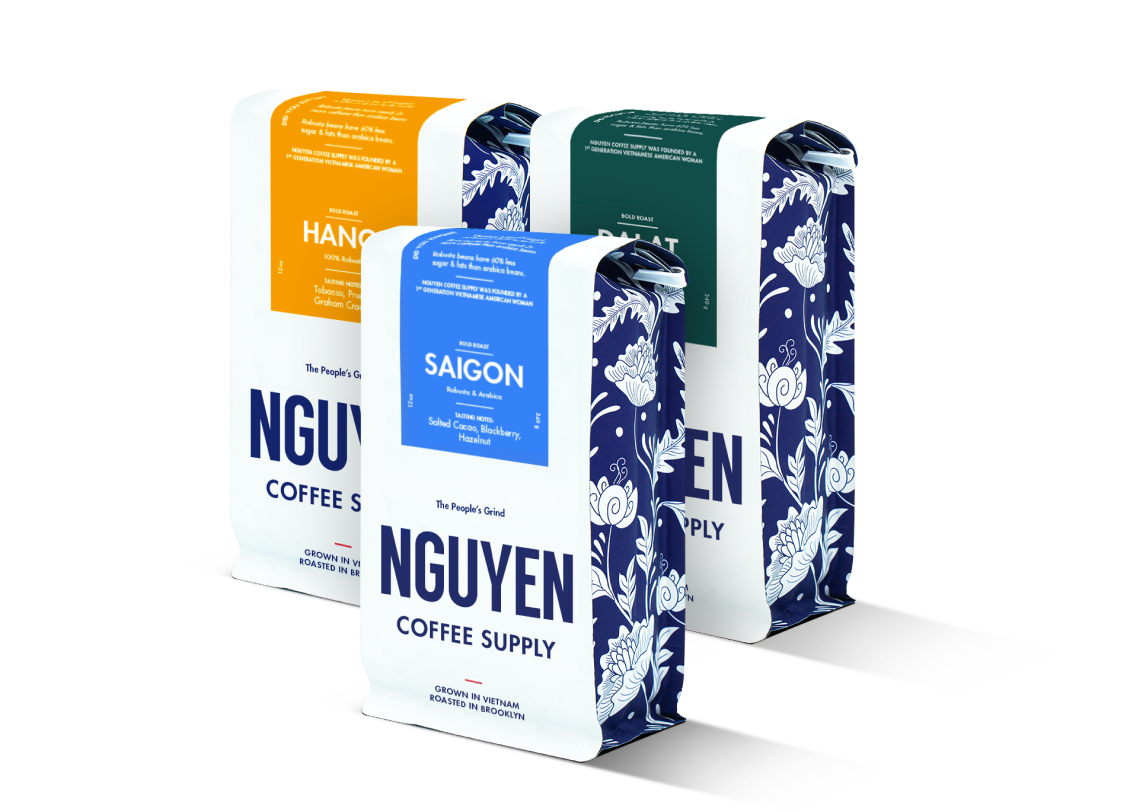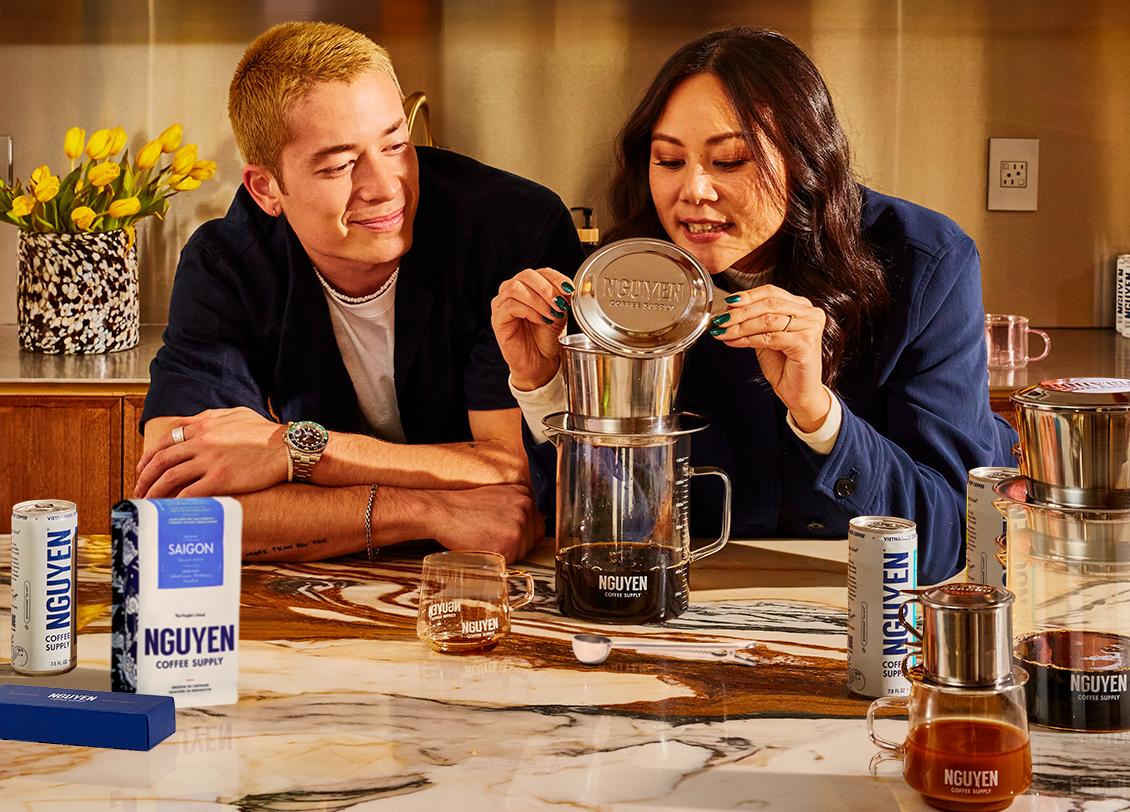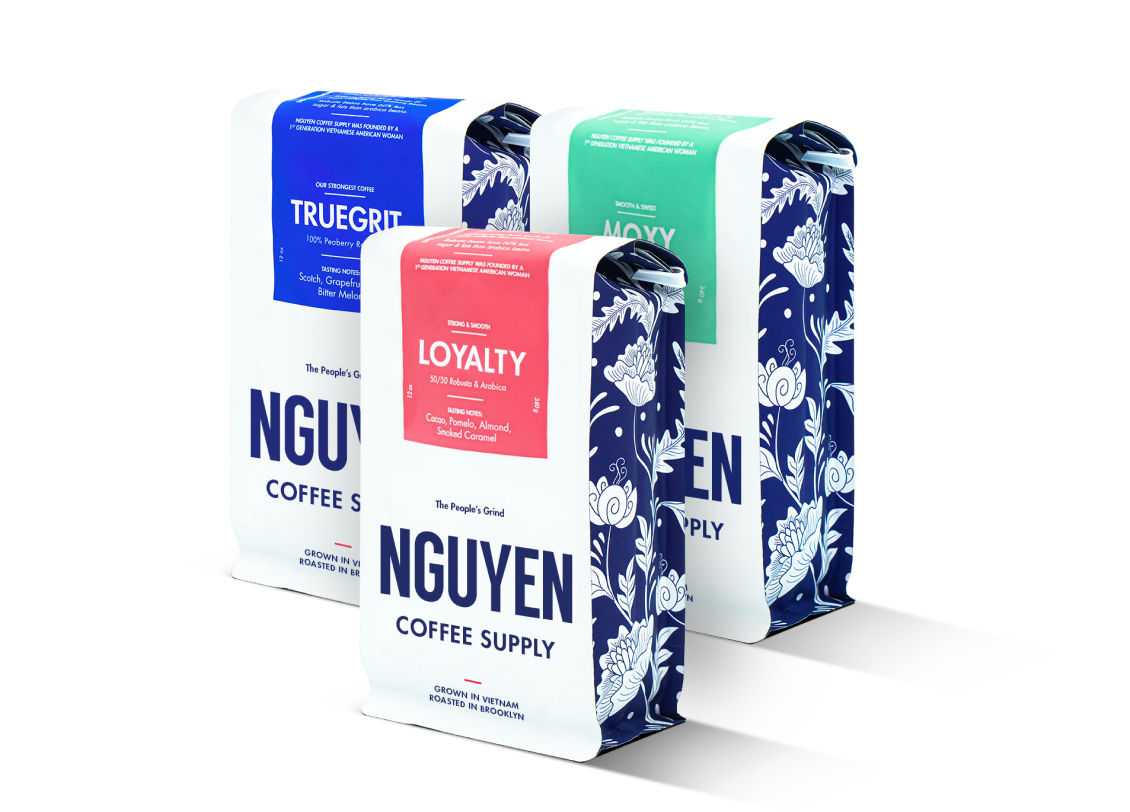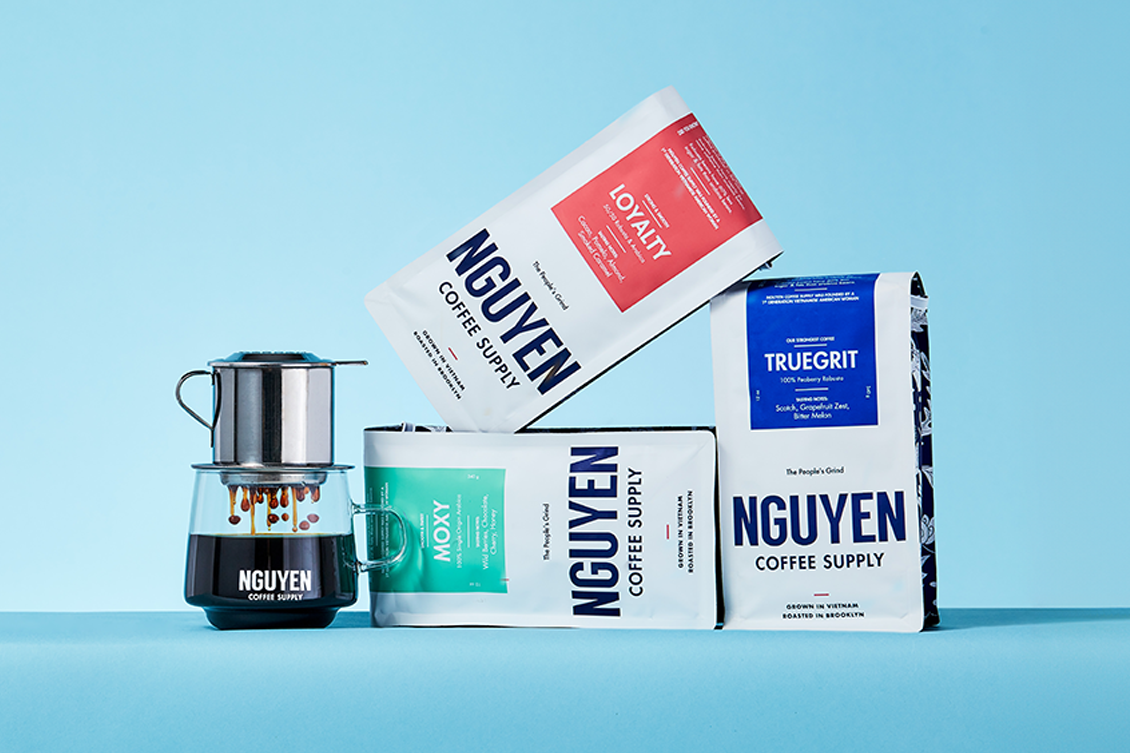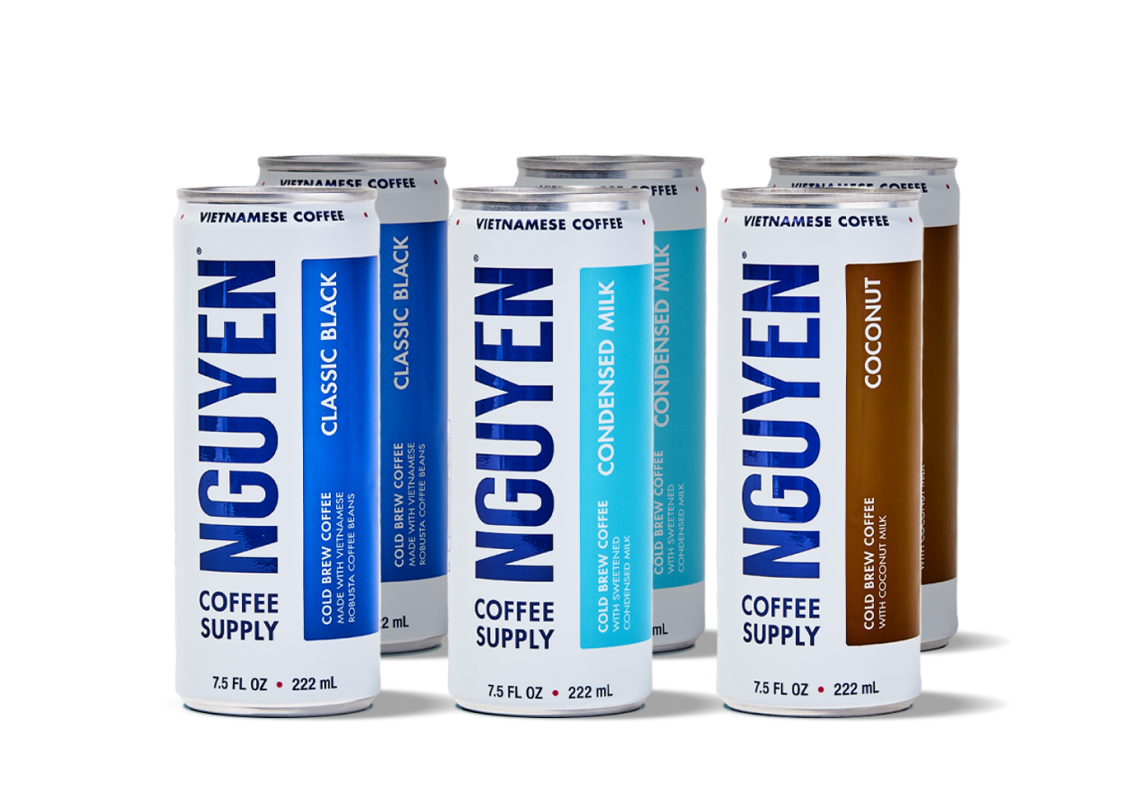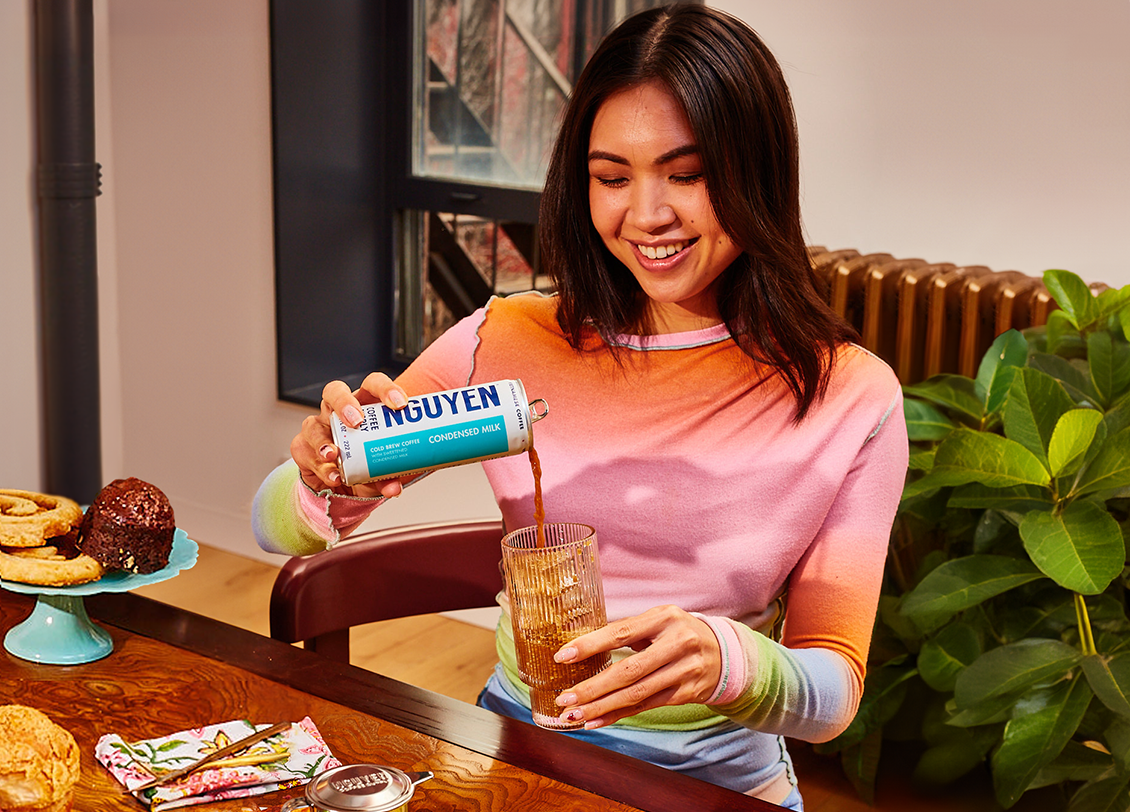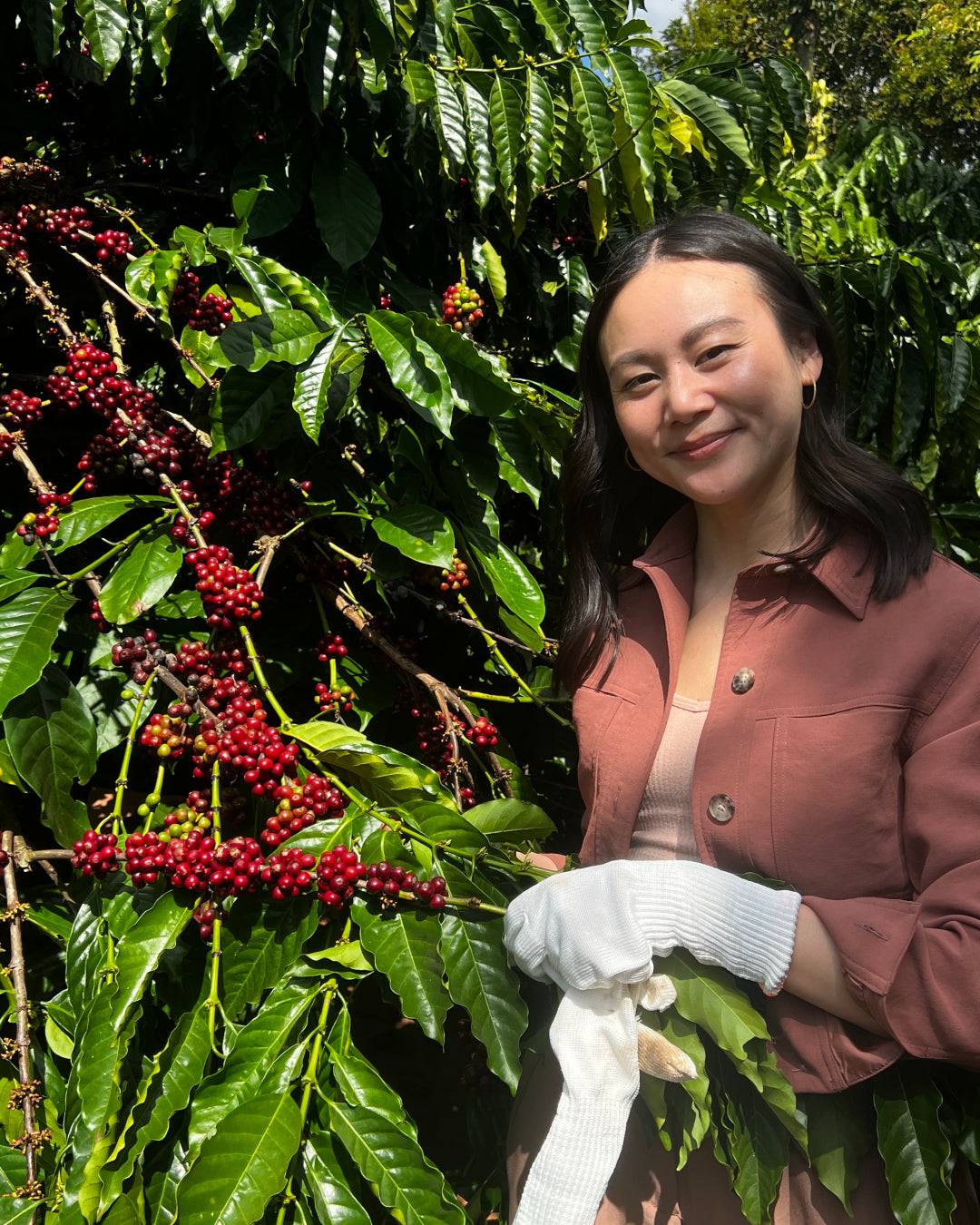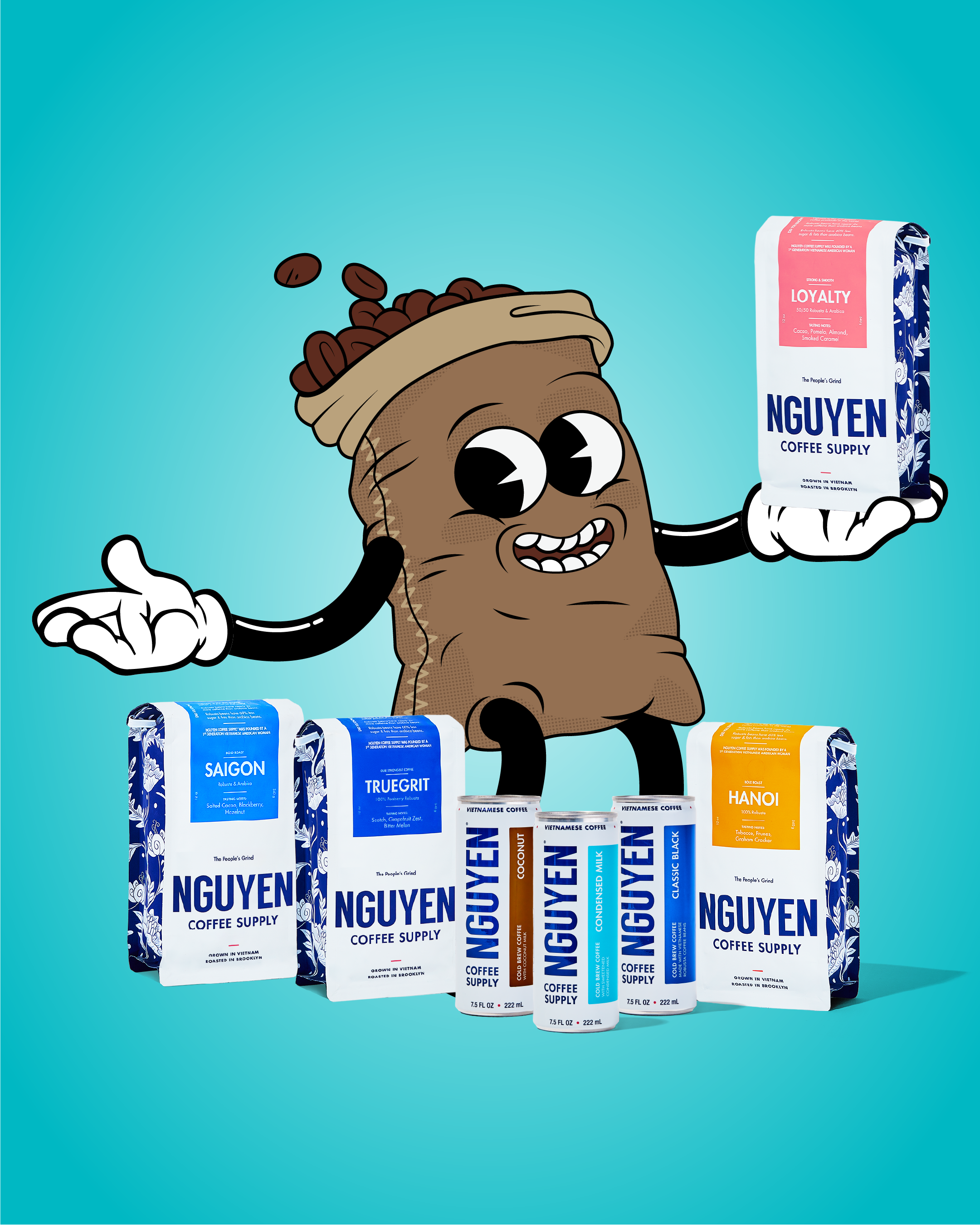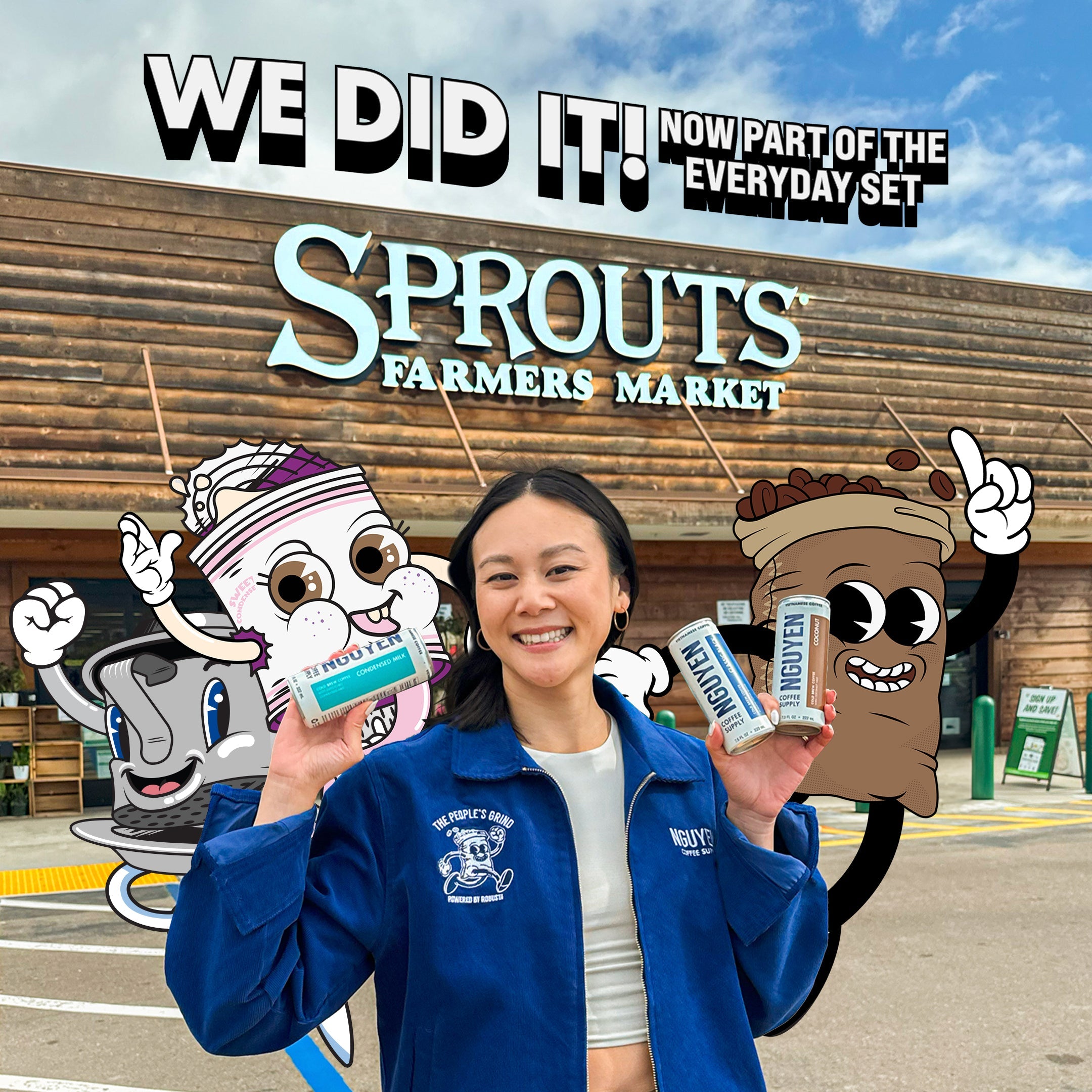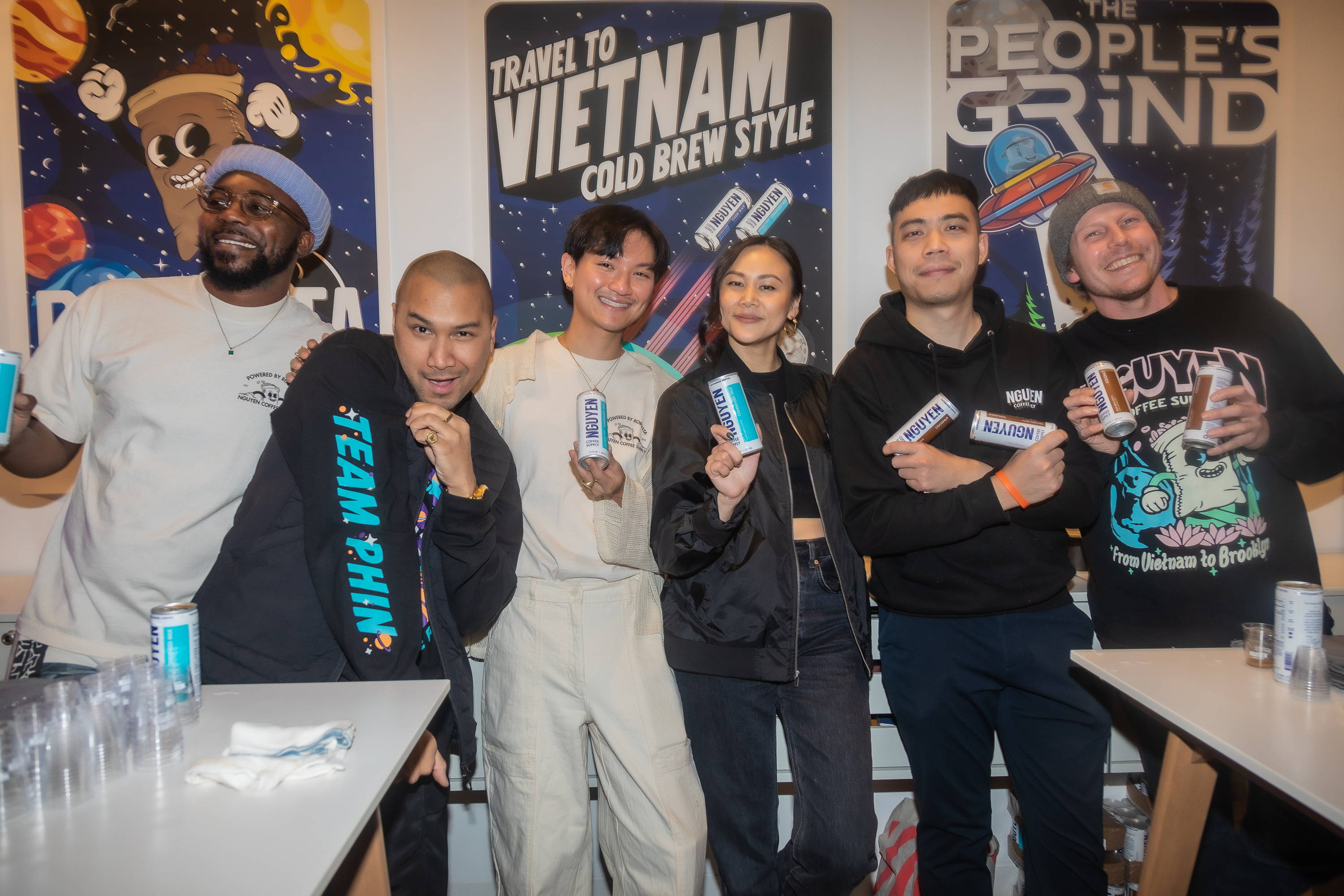- “Vietnamese” iced coffee in American coffee shops is often made with non-Vietnamese beans. Not only are the beans from another country, but they typically aren't even the proper variety (robusta) for cà phê sữa đá.
- From 2017 to 2018, Vietnam exported 170,000 tons of coffee, or $315 million worth, to the United States, making it one of their main export destinations, according to the International Coffee Organization. Yet, the National Coffee Association found that a mere 16% of Americans associate Vietnam with coffee production at all. So if the U.S. is the number-one importer of coffee from Vietnam, why aren't we seeing any products that feature Vietnamese coffee?
- In most international coffee markets, coffee exported from Vietnam gets amassed into generic commercial "blenders" purchased by big brands such as Sara Lee, Procter and Gamble, and Kraft Foods, says Will Frith, an educator and consultant on Vietnam's growing specialty coffee industry. There's a lack of transparency about how and where the coffee is grown, which creates a "vicious cycle," Frith says, in which Vietnamese coffee is deemed cheap, and farmers are thus paid low wages for their product.
- With a new wave of Vietnamese-American coffee enthusiasts, the general palate for coffee is becoming less monolithic and is beginning to diversify. When there is transparency in the supply chain, as with Nguyen Coffee Supply, Vietnamese coffee and products are showcased in an honest way, a win-win for both consumers and farmers.
